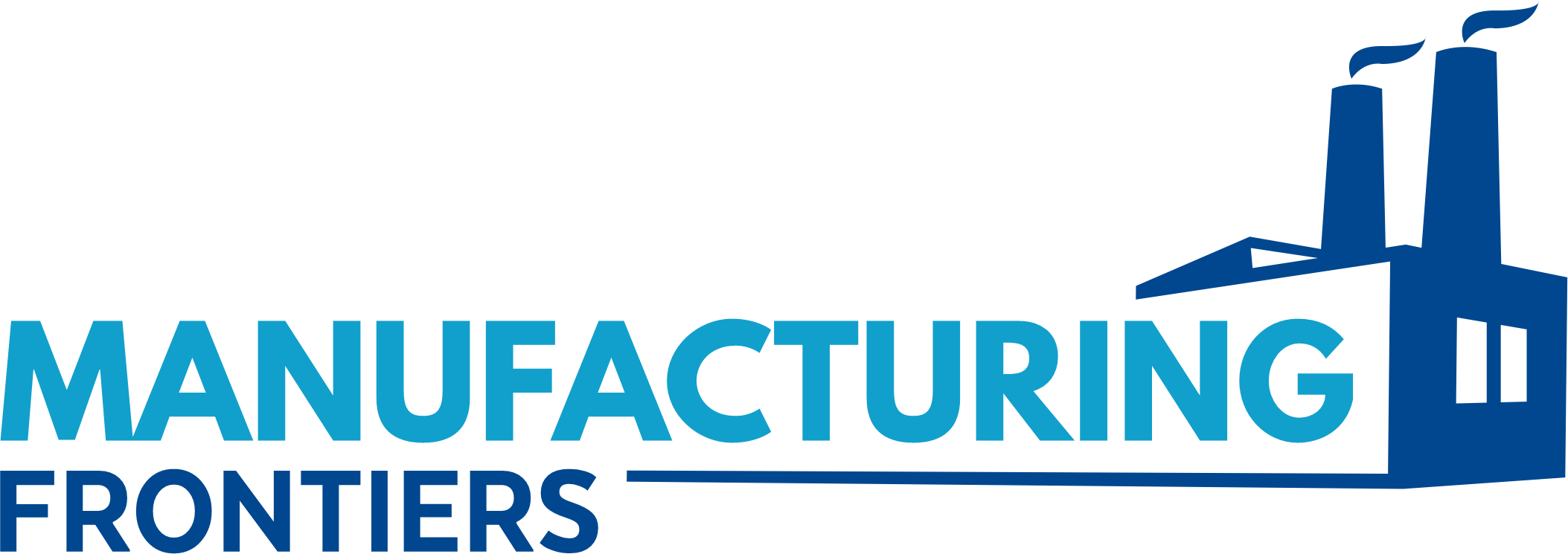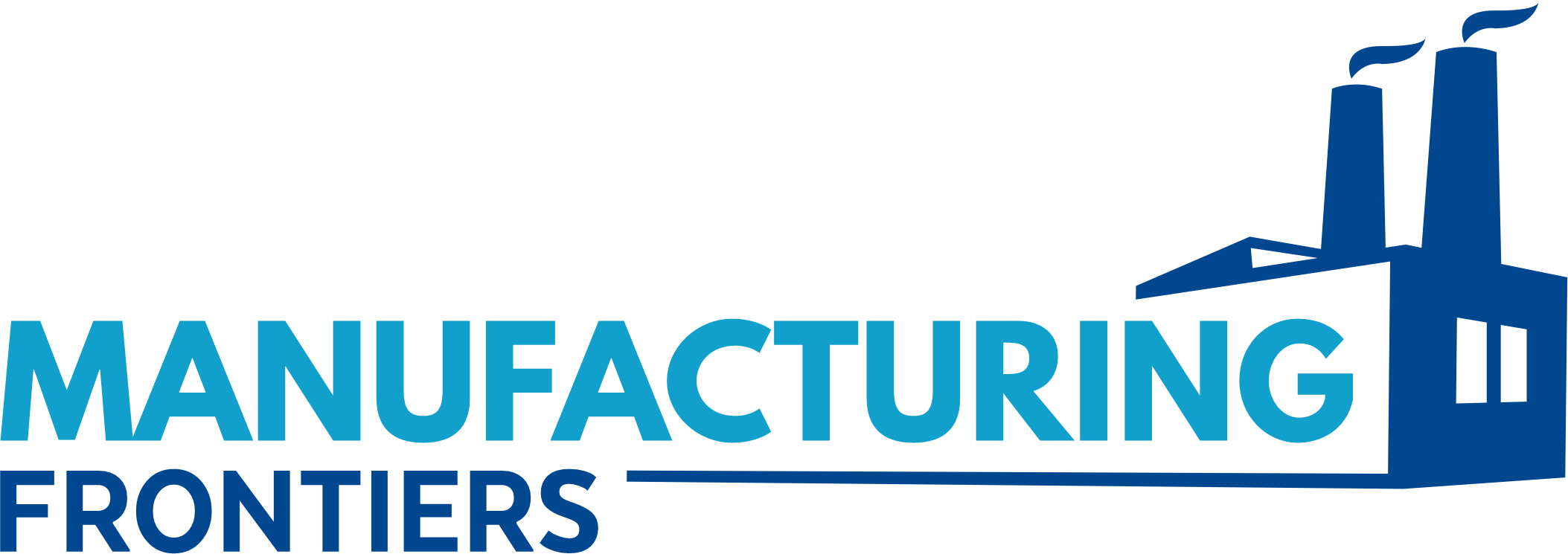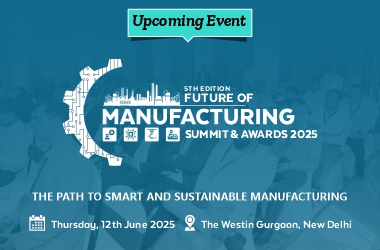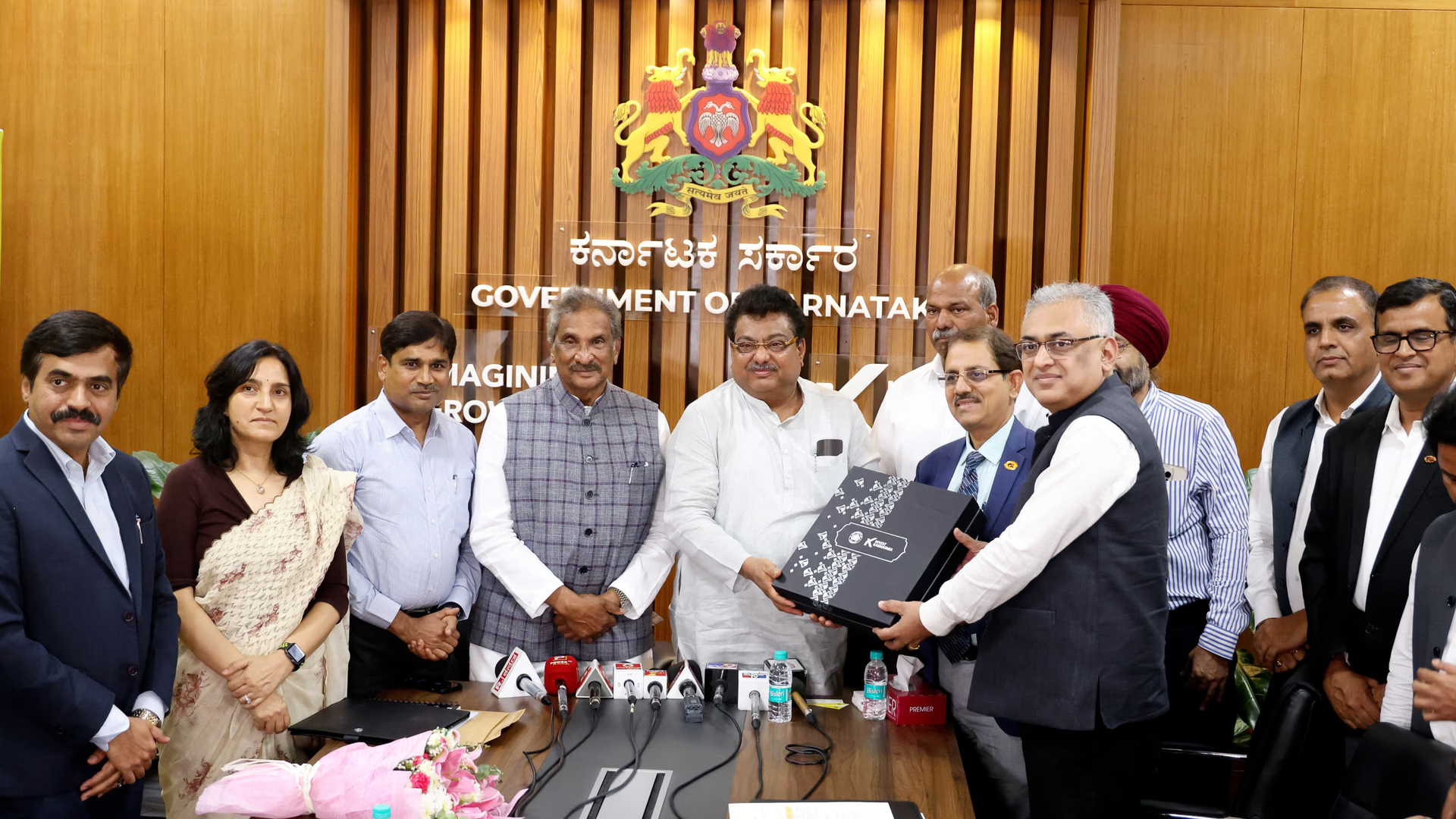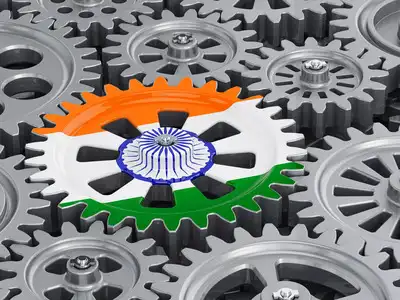standards are pivotal to manufacturing excellence.
1. Latest Legislative Reforms Transforming the Manufacturing Landscape
Regulatory frameworks around the world are constantly evolving to keep pace with technological advancements and emerging global challenges. In India, for example, initiatives like the National Manufacturing Policy aim to boost manufacturing through ease of doing business, while global standards such as ISO certifications, RoHS (Restriction of Hazardous Substances), and REACH (Registration, Evaluation, Authorization, and Restriction of Chemicals) are becoming more stringent. These reforms not only promote sustainability but also encourage manufacturers to adhere to high standards of safety, quality, and environmental responsibility.
Staying updated on legislative changes and compliance requirements is essential for manufacturers to avoid legal pitfalls, ensure smooth operations, and maintain a competitive edge in the global marketplace. This requires a proactive approach to compliance, including understanding emerging laws and preparing for their integration into manufacturing practices.
2. Meeting Regulatory Requirements and Industry Standards while Implementing Smart Manufacturing Solutions
The adoption of smart manufacturing solutions, including IoT, AI, Automation, and Blockchain, presents new opportunities for improving productivity and quality. However, implementing these technologies must be done in a way that meets existing regulatory requirements and industry standards.
For instance, integrating AI-driven predictive maintenance or real-time inventory tracking using IoT devices requires adherence to data management standards and cybersecurity protocols to prevent breaches and ensure privacy. Manufacturers must also ensure that their smart solutions comply with local and international regulations concerning data protection, worker safety, and environmental standards.
By combining advanced technology with regulatory compliance, manufacturers can enhance their operational efficiency while safeguarding their reputation and ensuring their products meet legal and ethical standards.
3. Dealing with the Complexities of Regulatory Compliances
Compliance in the manufacturing industry can often be complex and multi-faceted, especially for organizations with global operations. Regulatory standards vary across countries, industries, and product categories. Navigating these complexities requires a well-structured compliance management system, clear documentation, and strong communication between legal, quality, and manufacturing teams.
For example, manufacturers dealing with the export of products must comply with both domestic and international regulations, including those related to customs, quality control, and environmental impact. To simplify this, many companies turn to compliance management software that tracks global regulations and ensures adherence to them across all regions.
Moreover, the changing nature of regulations, such as the implementation of more stringent environmental standards, requires manufacturers to continuously assess their practices and adapt accordingly. Building a culture of compliance within the organization is critical to ensuring that everyone, from production managers to legal teams, is aligned with the company’s regulatory obligations.
4. Ensuring Data Privacy and Security
As the manufacturing industry embraces digitalization, ensuring the security and privacy of data is one of the most pressing challenges. The integration of smart technologies, connected devices, and cloud-based platforms increases the amount of sensitive data that manufacturers collect and store.
For compliance with global standards such as GDPR (General Data Protection Regulation) and India’s Personal Data Protection Bill (PDPB), manufacturers must have robust cybersecurity measures in place. This includes encryption, secure data storage, regular security audits, and employee training to prevent breaches and safeguard consumer and business data.
Additionally, manufacturers must ensure that their supply chains are also compliant with data protection laws. Sharing data with third parties or vendors must be carefully managed to prevent unauthorized access to proprietary or customer information.
5. The Role of Digitalization and New Age Technologies in Ensuring Compliance
The digital transformation of manufacturing brings with it significant advantages in ensuring compliance. Technologies like Blockchain and AI-powered compliance monitoring tools allow manufacturers to streamline and automate the compliance process.
- Blockchain technology can be used to track the movement of goods, ensuring product authenticity and compliance with regulatory standards. It provides an immutable, transparent record of transactions, which is crucial for product traceability, especially in industries like pharmaceuticals and food safety.
- AI can be leveraged for real-time monitoring and auditing, ensuring that manufacturing processes adhere to safety, quality, and environmental standards. AI can also help with predictive analytics to identify potential compliance risks and rectify them proactively.
By leveraging these technologies, manufacturers not only ensure regulatory adherence but also improve operational efficiency and reduce the risk of non-compliance fines.
6. Turning Compliance into a Competitive Advantage
Regulatory compliance should not be seen as a burden but rather as an opportunity to differentiate your brand and build trust with customers, partners, and stakeholders. Companies that prioritize compliance and ethical standards often enjoy better customer loyalty, higher operational efficiency, and enhanced brand reputation.
Moreover, regulatory compliance often aligns with other aspects of business excellence, such as sustainability and operational efficiency. Manufacturers that adopt eco-friendly production methods to meet environmental standards may also attract more customers who value sustainability, further enhancing their competitive position.
Manufacturers can also explore new market opportunities by ensuring that their products meet international standards and certifications, opening doors to global markets.
7. Adapting to Evolving Regulatory Standards for Improved Manufacturing Practices
The landscape of manufacturing regulations is constantly changing, driven by new technologies, environmental challenges, and social expectations. To stay ahead, manufacturers must foster a culture of continuous improvement and adaptability. This means regularly assessing current manufacturing practices, staying up to date with regulatory changes, and implementing agile systems to respond to new standards.
As sustainability and corporate social responsibility (CSR) gain importance, the regulatory landscape is also increasingly focused on environmental impact, ethical labor practices, and energy efficiency. Manufacturers who embrace these evolving standards not only ensure compliance but also position themselves as leaders in sustainable manufacturing.
Conclusion
Regulatory compliance is not merely a set of legal requirements; it is a critical aspect of achieving manufacturing excellence. By embracing new-age technologies, staying up to date with legislative reforms, and ensuring data privacy and security, manufacturers can transform compliance from a challenge into an opportunity for growth, trust-building, and innovation.
By navigating the complexities of compliance and leveraging it as a competitive advantage, manufacturers can ensure their products meet the highest standards, create sustainable practices, and ultimately succeed in the evolving global marketplace.
